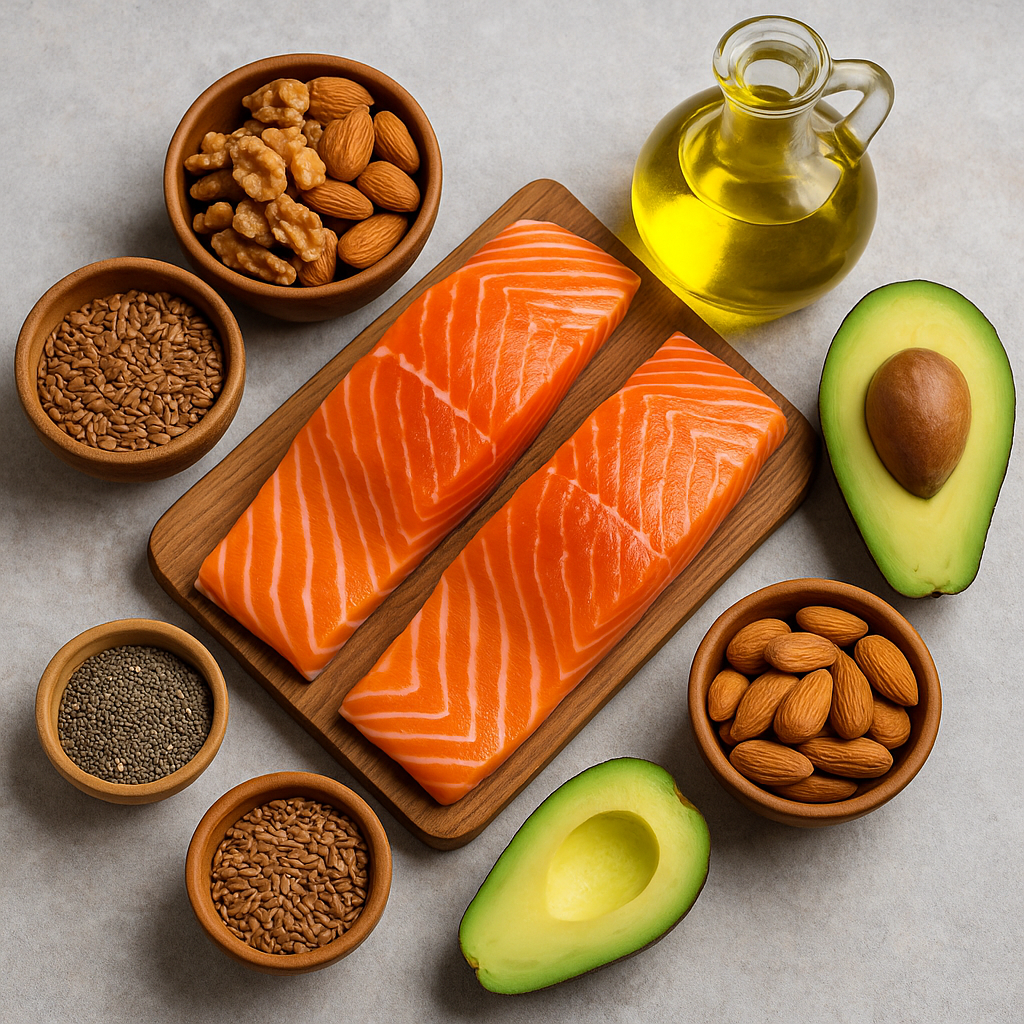News — omega-3 deficiency
The Silent Protector: Why Omega-3s Are Non-Negotiable for Heart Disease Prevention
algal oil anti-inflammatory foods arrhythmia prevention best omega-3 sources blood pressure control cardiovascular health cardiovascular protection cholesterol balance EPA DHA benefits fish oil supplements healthy fats heart disease prevention heart health supplements heart rhythm regulation krill oil omega-3 benefits omega-3 deficiency omega-3 fatty acids plaque buildup prevention triglycerides reduction
Heart disease remains one of the leading causes of death worldwide, often striking without warning and altering lives in an instant. While many factors contribute to cardiovascular health, one nutrient consistently stands out for its protective benefits: omega-3 fatty acids. Often referred to as the "silent protector," omega-3s quietly work behind the scenes, fortifying the heart and circulatory system against numerous threats.
Despite their well-documented advantages, many people overlook the importance of omega-3s in their daily diets. As modern lifestyles gravitate toward processed foods and poor nutritional habits, ensuring adequate intake of these vital fats becomes not just beneficial but essential. This article delves into the profound role omega-3s play in heart disease prevention and why incorporating them into your routine is a non-negotiable step toward lifelong cardiovascular health.
The Role of Diet in ADHD: Why Omega-3 Fatty Acids Matter
ADHD and nutrition ADHD brain health ADHD diet ADHD in children ADHD management ADHD natural remedies ADHD supplements ADHD treatment best foods for ADHD best supplements for ADHD cognitive function DHA for brain fatty acids fish oil for ADHD focus improvement omega-3 benefits omega-3 deficiency omega-3 for ADHD
Attention-deficit/hyperactivity disorder (ADHD) affects millions of children and adults worldwide, making concentration, impulse control, and organization challenging. While genetics and environmental factors play a role in its development, growing research suggests that diet plays a significant part in managing ADHD symptoms. Among the most critical nutrients for brain function, omega-3 fatty acids stand out as essential for those dealing with ADHD.
Omega-3s are known for their role in brain development, cognitive function, and mood regulation. A deficiency in these essential fats has been linked to increased ADHD symptoms, making them a key area of focus for dietary intervention. But how exactly do omega-3s help, and what foods or supplements provide the best sources? This article explores the role of omega-3 fatty acids in ADHD and how optimizing intake can support better mental function.


